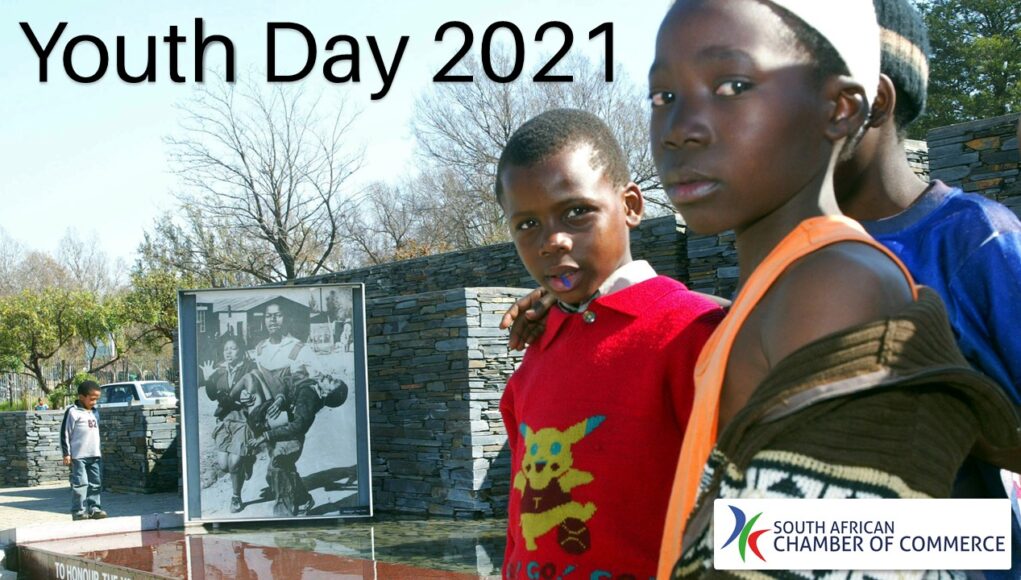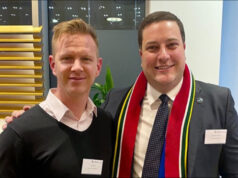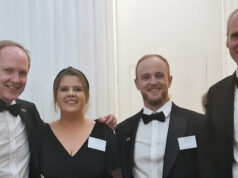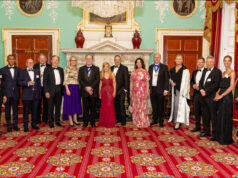An edited version of the article below first appeared in the Mail & Guardian on July 30th 2021. We are now able to publish it in full.
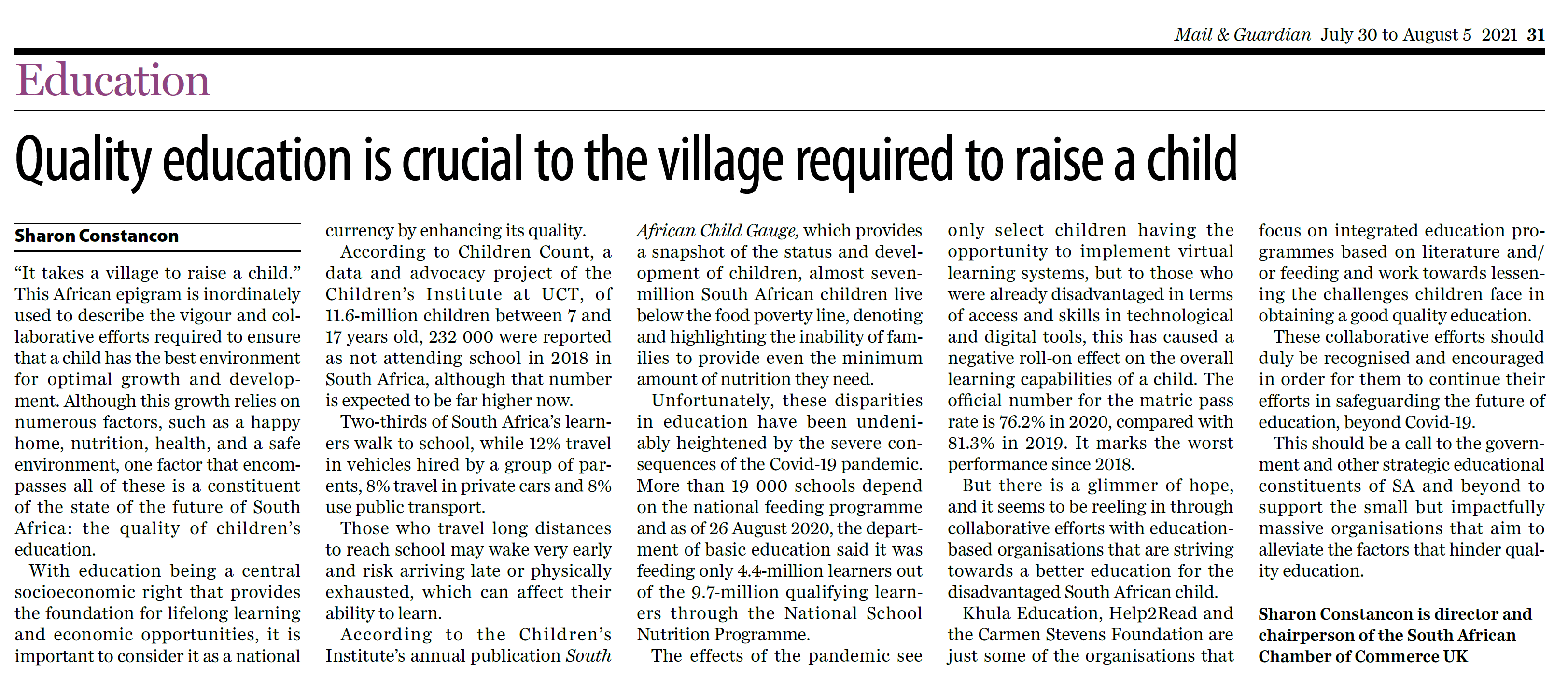
The South African education system under COVID-19 and beyond
“It takes a village to raise a child” is an African epigram that is inordinately used to describe the vigour and collaborative efforts required to ensure that a child has the best environment for optimal growth and development. Although this growth relies on numerous factors such as a happy home, nutrition, health, and a safe environment, one factor that encompasses all of these, is a constituent of the state of the future of South Africa: the quality of children’s education.
With education being a central socio-economic right that provides the foundation for lifelong learning and economic opportunities, it is important to consider it as a national currency by enhancing its quality.
According to child protection organisation Child Count, of a total of 11.6 million children aged 7 – 17 years, 232,000 were reported as not attending school in 2018 in South Africa (SA). Two-thirds (67%) of South Africa’s learners walk to school, while 12% travel in vehicles hired by a group of parents, 8% travel in private cars and 8% use public transport. Those who travel long distances to reach school may wake very early and risk arriving late or physically exhausted, which can affect their ability to learn.
South African Child Gauge, a report that provides an annual snapshot of the status and development of children in this country stated that almost 7 million South African children live below the food poverty line, denoting and highlighting the inability of families to provide even the minimum amount of nutrition they need.
Unfortunately, these disparities in education have been undeniably heightened by the severe consequences of the COVID-19 pandemic. More than 19,000 schools depend on the national feeding programme and as of 26 August 2020, the Department of Basic Education (DBE) said it is feeding only 4.4 million learners out of the 9.7 million qualifying learners through the National School Nutrition Programme. The effects of the pandemic see only select children having the opportunity to implement virtual learning systems, but to those who were already disadvantaged in terms of access and skills in technological and digital tools, this has caused a negative roll-on effect on the overall learning capabilities of a child. The official number for the matric pass rate is 76.2% in 2020, compared with 81.3% in 2019. It marks the worst performance since 2018.
But there is a glimmer of hope, and it seems to be reeling in through collaborative efforts with education-based organisations that are thriving towards a better education for the disadvantaged South African child. These collaborative efforts should duly be recognised and encouraged in order for them to continue their efforts in safeguarding the future of education, beyond COVID-19.
One organisation that has recognised the importance of collaboration in highlighting issues of education is the South African Chamber of Commerce in the United Kingdom (SACC UK). As part of their commitment to creating equal opportunities, the SACC UK commemorated youth month by hosting an education focused dialogue, with different speakers that lead education focused organisations joining as speakers and contributors to the topic of education in SA.
With thousands of children not attending school due to an unfortunate plethora of socio-economic issues, the conversation highlighted the impact that the quality of the environment can have on the learning process for children in schools. Poverty, lack of learning material, malnutrition, and home environment remain at the top of the list in terms of the many obstacles to effective education, especially in the most crime ridden and poverty-stricken areas of our country. And with the additional obstacles COVID-19 has provided, it is imperative for action to be taken to save the education systems in already impoverished communities.
Khula Education, Help2Read and the Carmen Stevens Foundation NPO, are just some of the organisations that focus on integrated education programs based on literature, and feeding programs respectively and work towards lessening the challenges children face in obtaining a good quality education. Working to support over 6 000 children, Khula Education is committed to giving children from under-served, rural communities in SA the opportunity of a quality education from pre-school years through to graduation from high school. The KwaZulu Natal based organisation is supported by the David Rattray Foundation, and strives to work with the existing teaching programmes in local government primary and secondary schools and enhance the children’s experience of education.
With the South African literature crisis, Help2Read highlights the importance of literature in the overall learning experience for child development and social advanced. According to National Education Evaluation & Development Unit (NEEDU), the majority of primary schools in SA are severely under resourced. Two or three books are shared between an entire classroom of learners, while writing utensils and literacy resources are scarce. This is why they run literacy intervention programmes in public primary schools across SA and provide children who struggle to read with one-on-one attention from a volunteer Reading Helper or community Literacy Tutor which bestows their mission of nation building through reading development and youth employment.
Nutrition also remains a hinderance to education, with hunger being recognised as one of the biggest socio-economic societal issues affecting most children in impoverished communities. The Carmen Stevens Foundation NPO runs a nutritional and feeding scheme headed by Naked Wines, an online retailer with an impactful network base that is amplified by ‘Angels’. Once a year, Naked Wines provide Carmen Stevens NPO with a platform where customers, ‘Angels’, can donate to provide two nutritious meals per day to underprivileged children. These meals were initially distributed to children in crime-stricken communities in Belhar. Today, they are able to provide 10 310 learners from 53 schools in the Western Cape a nutritious breakfast and lunch.
Over and above, these organisations take immense strides in improving the lives of children and their ability to learn, providing hope for the future of education, especially during and post COVID-19 when the obstacles to adequate education are severe. This should be a call to the government and other strategic educational constituents of SA and beyond to support the small but impactfully massive organisations that aim to alleviate the factors that hinder quality education.
Strategic collaboration seems to be a path through which education can be enhanced and this should be a call for all stakeholders involved to take the necessary steps to enhance education opportunities and environments for today and beyond COVID-19.
Watch the replay of the webinar below:

